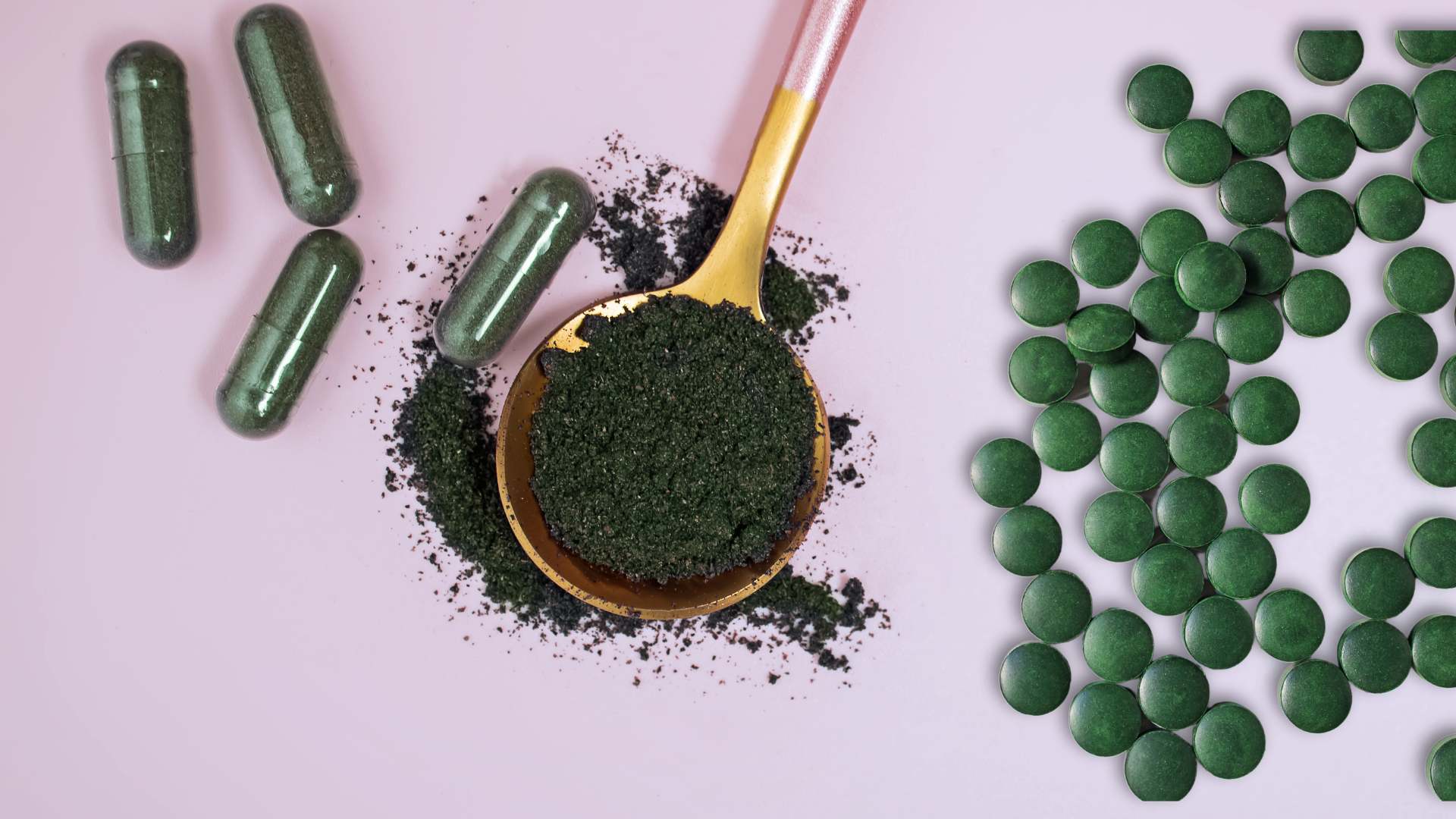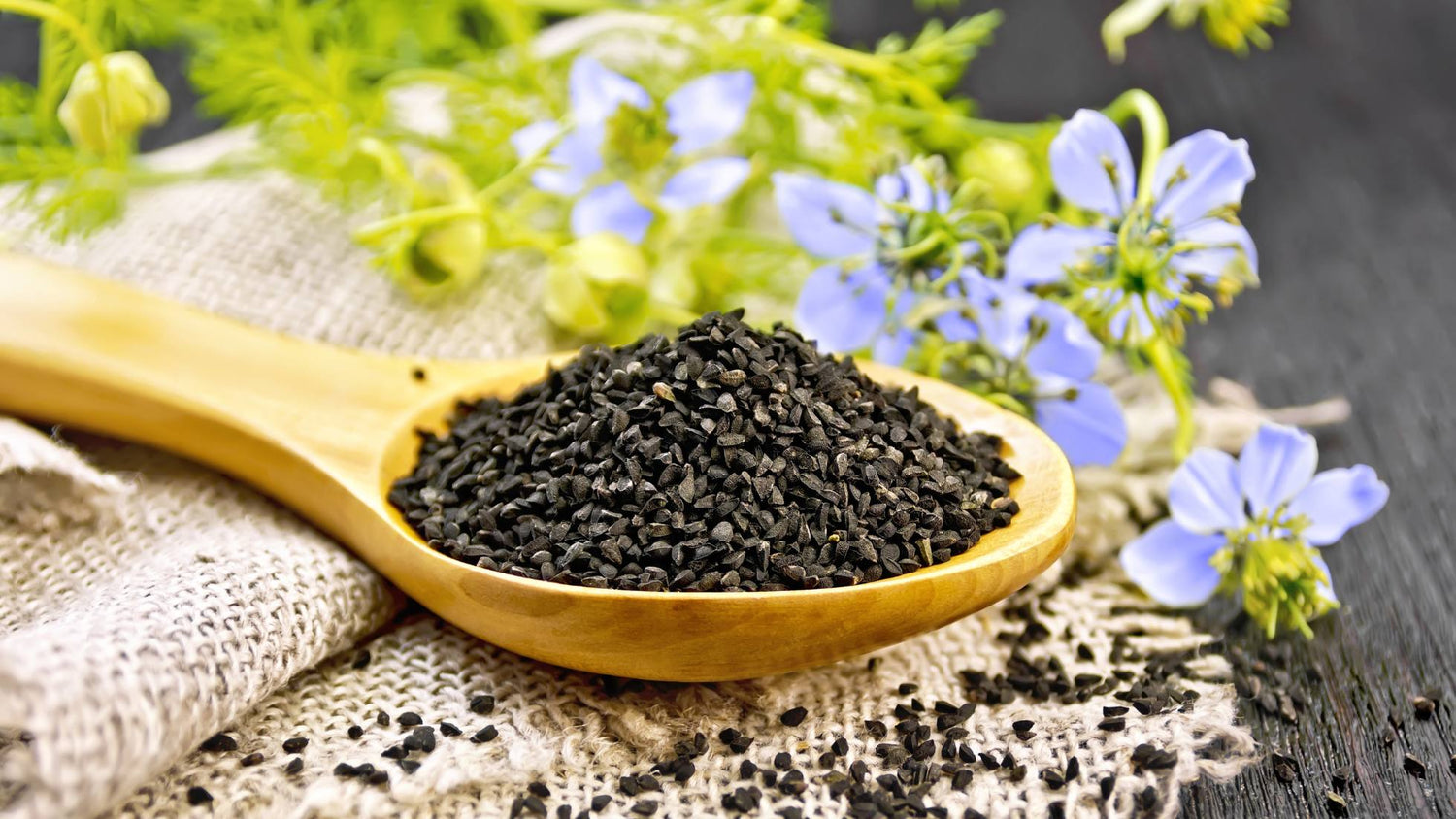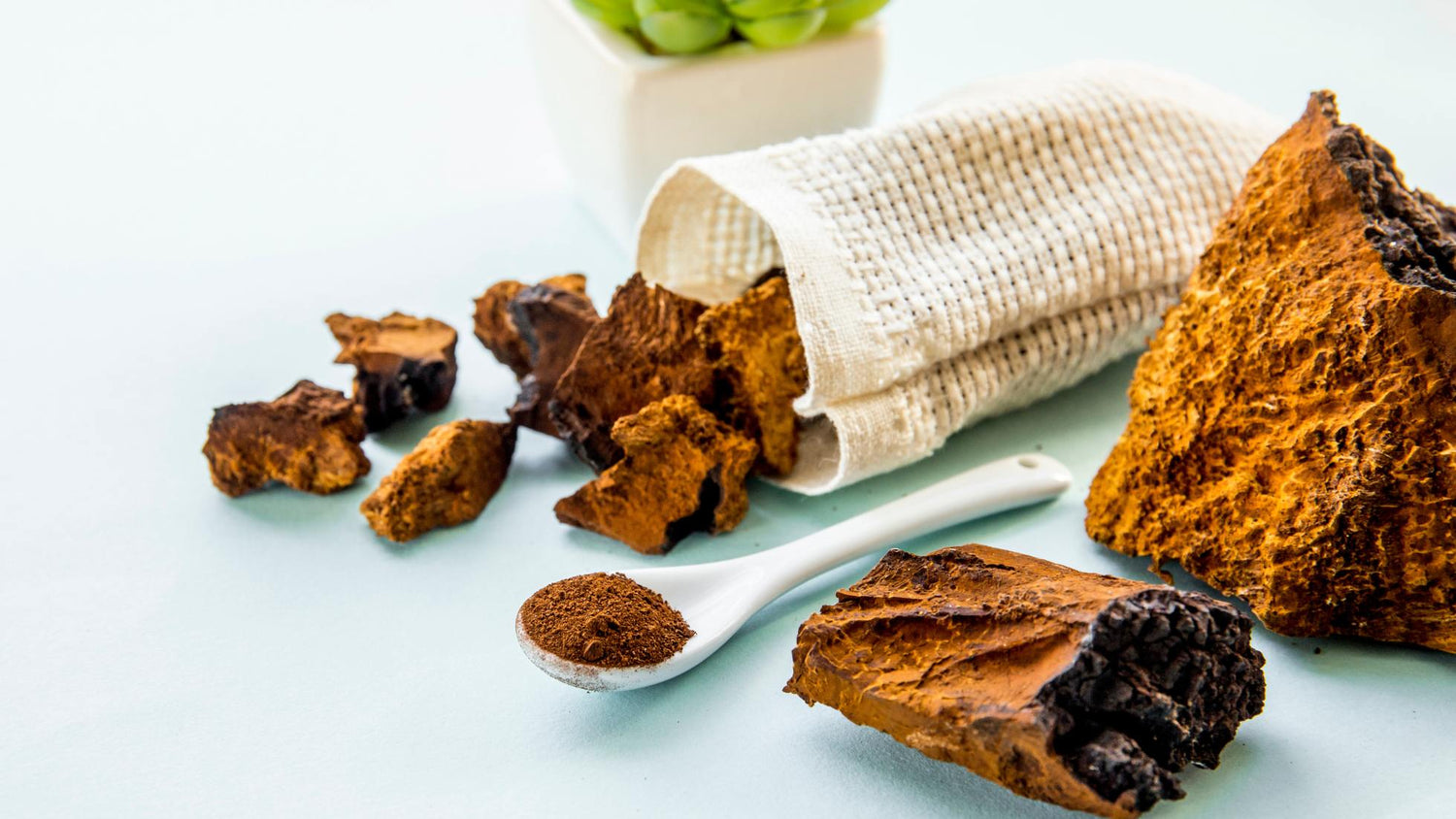In the world of nutritional supplements, a small algae called spirulina has made a big name for itself. Spirulina is often referred to as the "miracle algae" and is said to offer a variety of health benefits. But what is the truth about this superfood? In this article, we'll shed light on the facts about spirulina, from its properties and benefits to the quality features you should look out for. Let's dive into the fascinating world of spirulina!
What is spirulina?
Found in freshwater lakes and ponds around the world, the blue-green microalgae has been used as a food source for centuries and has also gained popularity as a dietary supplement in recent years. This algae is rich in various nutrients such as proteins, vitamins, minerals and antioxidants, making it an interesting option for those looking to enhance their diet.
Why is it so special?
Spirulina is an extraordinary species of algae known worldwide as the “miracle algae”. It is characterized by its multiple health benefits and its rich nutritional composition.
This microalgae consists of between 55 and 70 percent protein, which is higher than in beef, chicken or soybeans. It also contains all essential and non-essential amino acids, high iron levels, beta-carotene, minerals and vitamins. This impressive combination makes this miracle algae an excellent source of essential nutrients.
Spirulina is known for its ability to increase performance, aid in weight loss and promote disease resistance. It contains numerous health-promoting substances, including antioxidants that help fight free radicals in the body and thus prevent cell damage.
Due to its high protein content, it is also particularly interesting for vegetarians and vegans who may have difficulty getting enough protein from plant sources.
Nutrient-rich composition: The power of microalgae
Spirulina impresses with its nutrient-rich composition, which gives it the status of a superfood. It contains a wide range of essential nutrients that are important for a healthy diet.
One of the most remarkable properties of the microalgae is its high content of sodium, chloride, potassium, calcium, magnesium, phosphate and sulfate, which are called minerals. These minerals play an important role in the body and are essential for various processes and functions.
In addition, spirulina also contains trace elements such as iron, iodine, fluoride, zinc, selenium and copper, which are required in small amounts but are nevertheless essential. These trace elements support a variety of metabolic processes and help maintain optimal health.
Furthermore, spirulina algae contains secondary plant substances such as carotenoids and phytosterols, which are known for their antioxidant properties and play a role in protecting against harmful free radicals.
The rich nutrient composition of spirulina makes it a true power algae that can be a valuable addition to a balanced diet.
Health Benefits of Spirulina: What Does the Research Say?
The health benefits of spirulina algae are the subject of intensive research, and numerous studies suggest that this microalgae does indeed have impressive health-promoting properties.
Regulation of blood pressure and cholesterol levels
Spirulina can help improve blood lipid levels and lower blood pressure. It also contains antioxidant compounds that can suppress oxidation in the body, which in turn helps protect against oxidative stress.
Support the immune system and increase energy
Some studies suggest that spirulina can strengthen the immune system and protect against viral infections. In addition, the algae preparations can also mitigate allergic reactions and help reduce the risk of cardiovascular disease.
It is important to note that research into the health benefits of the microalgae is still ongoing and more studies are needed to understand the exact mechanisms and extent of all the benefits of this little wonder algae. Nevertheless, the evidence so far suggests that spirulina algae may be a promising addition to a healthy diet.
Quality and origin of spirulina products
The quality and origin of spirulina algae products are important aspects to consider when choosing a high-quality product. There are various criteria and certifications that identify and confirm the quality and origin of food products.
The exact origin of spirulina can vary depending on the product. It is important that cultivation in an unpolluted environment promises high quality algae, as there are no pesticides, genetic engineering or radiation exposure.
When choosing spirulina algae products, it is advisable to pay attention to the exact origin and any quality certifications to ensure that you are purchasing a high quality product. This can help you choose spirulina algae products that are free from contaminants and have an optimal composition of nutrients and antioxidants.
For this reason, we refer to Joachim Kaeser, Spirulina exclusively from the multi-certified and renowned Earthrise Farm in the USA.
Warning about spirulina from Asian countries: heavy metals and germs
There is some caution about spirulina algae products from Asian countries due to possible contamination with heavy metals and germs. This warning is based on studies and research that have found that spirulina algae, especially from certain Asian regions, can be contaminated with heavy metals such as lead, mercury and arsenic, as well as germs.
These heavy metals can accumulate in the body and cause long-term health problems. Pregnant women, breastfeeding women, children and people with weakened immune systems in particular should be careful and choose products from reputable sources to avoid exposure to heavy metals.
It is important to note that this warning applies specifically to spirulina products from Asian countries and not to all spirulina products in general.
Trusted sources: Earthrise Farm in the USA
A trusted source for high-quality spirulina products is the Earthrise Farm in the USA. The Earthrise Farm is known for its many years of experience in the production of spirulina algae and its strict quality standards.
The farm places great importance on the purity and quality of their spirulina products. They use controlled cultivation methods and monitor the entire production process to ensure that their products are free from contaminants and pollutants.
In addition, Earth rise Farm conducts regular tests and analyses to verify the purity and nutritional composition of its spirulina products. These tests ensure that the spirulina products meet the highest quality standards.
When you purchase spirulina products from trusted sources like Earth Rise Farm, you can be assured that you are getting high-quality and safe products.
How is spirulina taken?
Spirulina is often taken as a dietary supplement to provide the body with valuable nutrients. There are a few important points to consider when using spirulina as a dietary supplement:
- When to take it: It is recommended to take Spirulina 30 minutes before meals to ensure optimal absorption of nutrients. It is advisable NOT to take Spirulina with coffee, alcohol or soft drinks as these can reduce the effectiveness of Spirulina.
IMPORTANT NOTE: Although spirulina contains numerous valuable vitamins and nutrients, vitamin C is not among them. However, when taking spirulina, you should be careful not to take it at the same time as vitamin C-rich fruits or vitamin C supplements. The reason for this is that combining spirulina with vitamin C can cause the chlorophyll in spirulina to be destroyed. Therefore, keep a time gap of at least two hours between taking spirulina and vitamin C. - Dosage: The optimal dosage of Spirulina depends on individual needs and goals. With conventional Spirulina products, about 1 to 6 grams can be taken per day to achieve an effect. Due to the production process used by Joachim Kaeser using the HKS process and the 99.99% bioavailability achieved as a result, we recommend Spirulina by Joachim Kaeser only 2 grams per day, since more is absorbed by the body than with conventional production processes.
Conclusion:
In summary, spirulina is a valuable algae with a high nutritional content. It can contribute to health as part of a balanced diet and a healthy lifestyle. However, it is important to consider individual needs and possible restrictions and to pay attention to where the manufacturer sources the spirulina.
Sources:
https://pubmed.ncbi.nlm.nih.gov/28182098/
https://www.un.org/en/ecosoc/docs/statement08/iimsam.pdf
https://www.test.de/Algenpraeparate-Die-gruene-Gefahr-4196341-0/








